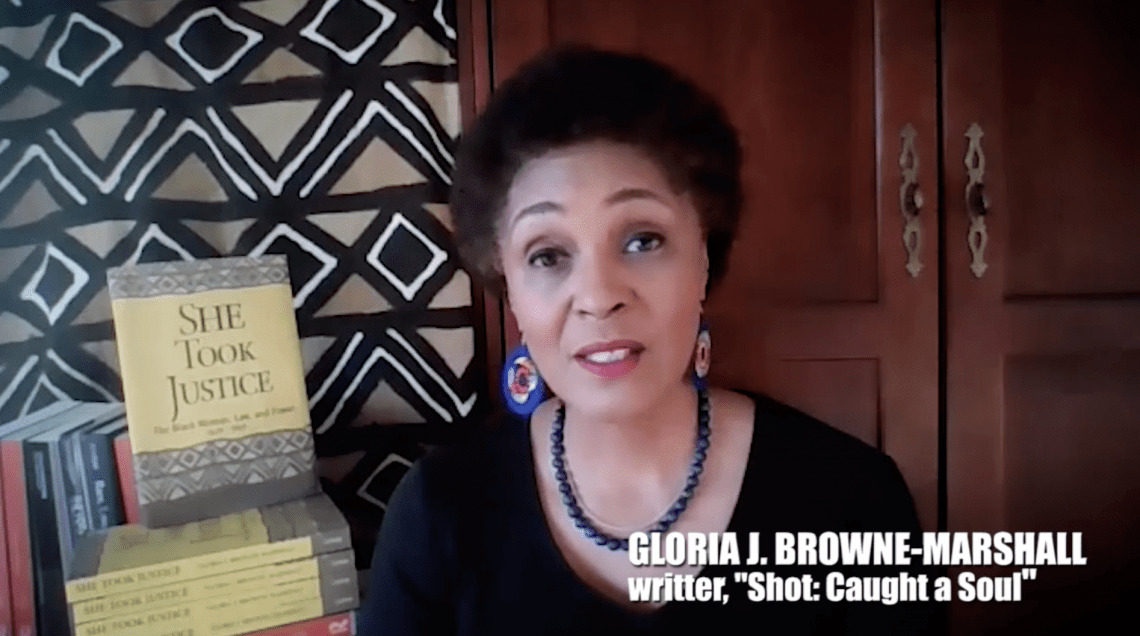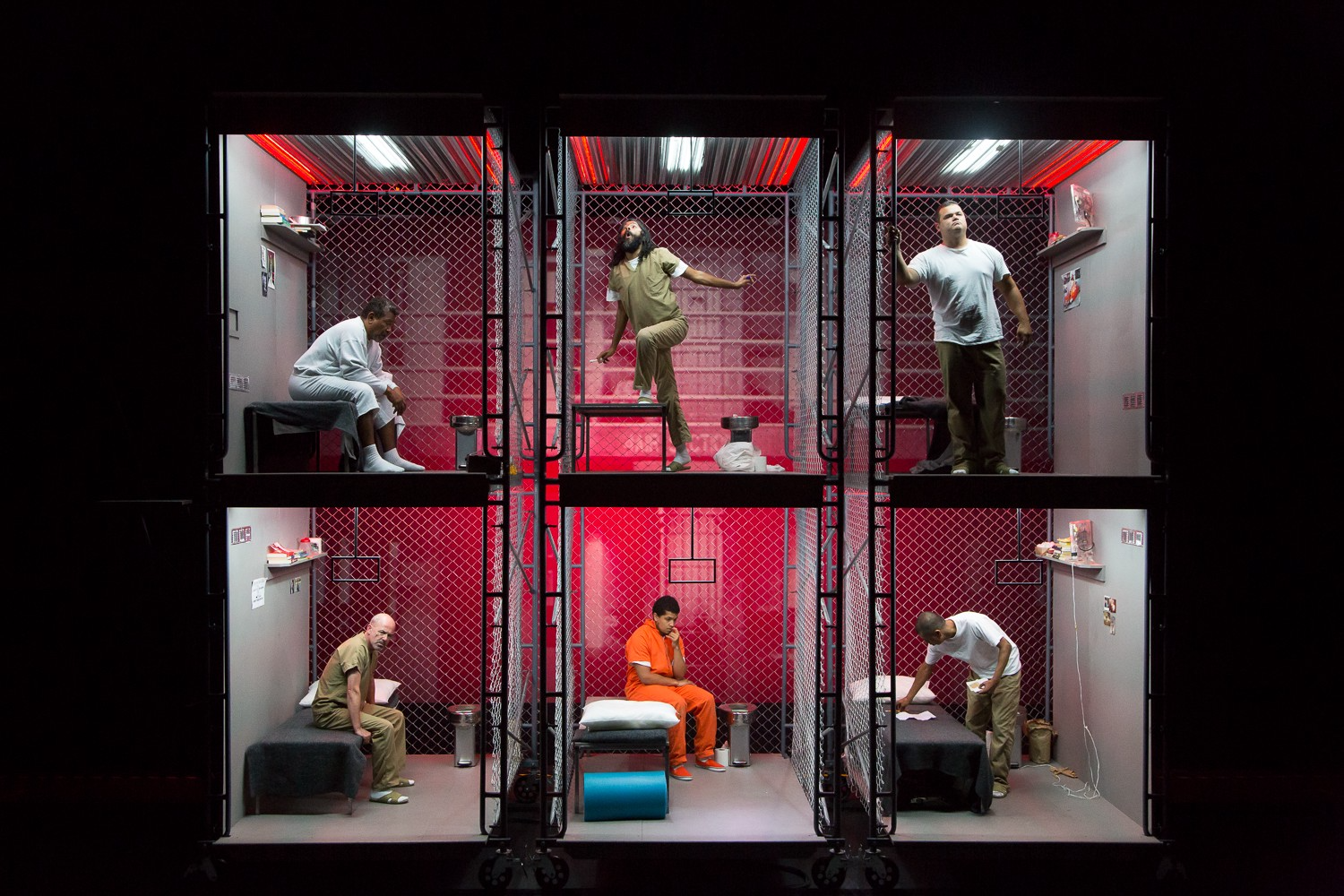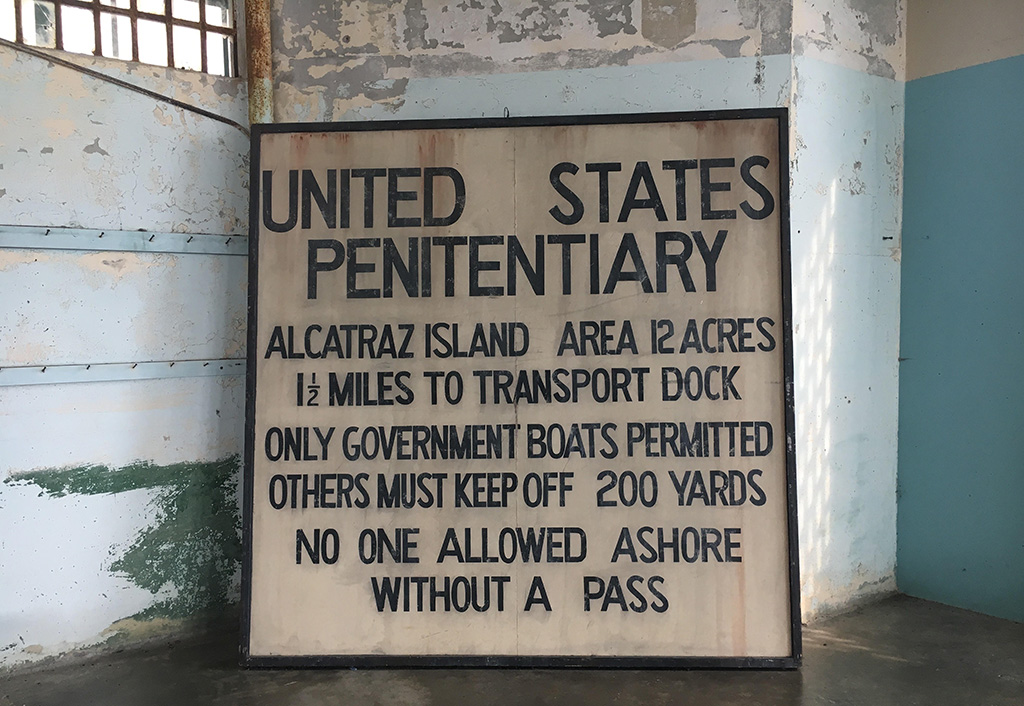This unit was created by Chayanee Brooks, a high school English teacher in Pāhala, HI, as part of the 2021-2022 Pulitzer Center Teacher Fellowship program. It is designed for facilitation across six 75-minute class periods, with work outside of class.
For more units created by Pulitzer Center Teacher Fellows in this cohort, click here.
Objectives:
Students will be able to…
- Identify what constitutes an underreported story
- Identify underreported issues that matter to them and their community
- Plan, draft, and revise dramatic scripts that elevate underreported issues
Unit Overview:
Storytelling is a powerful tool to engage young audiences and adults alike.
In this unit, students will identify social issues that are of relevance and concern to them and their community. They will analyze how journalist-playwrights use dramatic writing and performance to communicate underreported true stories to an audience. Students will then plan, draft, and revise their own dramatic scripts that include setting, conflict, characters, plot, structure, and a narrative that portrays an underreported issue that matters to them. Students will work to capture multiple perspectives and marginalized voices in their script.
Students taking part in this unit in Chayanee Brooks’s class in spring 2022 had already received an introduction to a range of literary/cultural theories (such as feminist, Marxist, and archetypal theories), equipping them with tools for literary interpretation. As a result, students were also asked to interpret their own dramas through the lens of the literary theory of their choice. Literary theory can not only build empathy and expand perspectives, but can also help to forge connections among people who might have had different experiences in their lives. This is an optional extension that enriches the unit; however, the unit can be completed without this background.
Performance Task:
Students work in teams of three to plan and write a dramatic script that addresses an underreported issue in their community (and beyond). They will present their perspectives through one or more lens, drawing on the literary theories discussed previously in the semester. Scripts will follow this format:
Page 1: Literary theory lens and interpretation (students return to this page after completing their draft)
Page 2: Brainstorm issues that concern you. Consider campus, local, national, and global issues. You may think in terms of health, families, technology, the environment, and any other area that comes to mind. Discuss in a team and come to a consensus.
Page 3: After selecting, describe the issue of concern your team chose, underlying universal issue, and parallel setting. State the audience, purpose, and intended effect of your script.
Page 4: Freytag model (story plotline)
Page 5: List of characters and team members
Page 6: Plan for visual and auditory elements of the dramatic production
Pages 7+: Dialogue and stage directions
Six-day unit plan, including classroom activities, multimedia resources, and performance tasks for the unit.
Unit Resources:
| Dramatized Journalism Examples | “We're All Here,” a short clip from Sarah Shourd’s play The BOX, which is based on the stories she collected from people in solitary confinement in prisons across the United States. SHOT: Caught a Soul, a 30-minute play by Gloria J. Browne-Marshall recorded via Zoom. It tells the story of the night an African American teenager is killed by a white police officer from the perspectives of the teenager and the officer. |
| Texts | “The House Where Our Stories Live,” an essay by Sarah Shourd that reflects on how different artistic media communicate messages differently, and to different audiences. Flying Kites, a graphic novel created collaboratively by members of the 2018-2019 Stanford Graphic Novel Project, which tells the story of the 2013 California prison hunger strike through the perspectives of a man in solitary confinement and his daughter. (Hard copies can be purchased from Haymarket Press here.) |
| Background Resources | Introduction to Literary Theory from the Purdue Writing Lab |
Common Core State Standards:
Integrate and evaluate multiple sources of information presented in different media or formats (e.g., visually, quantitatively) as well as in words in order to address a question or solve a problem.
Develop the topic thoroughly by selecting the most significant and relevant facts, extended definitions, concrete details, quotations, or other information and examples appropriate to the audience's knowledge of the topic.
CCSS.ELA-LITERACY.W.11-12.3.A
Engage and orient the reader by setting out a problem, situation, or observation and its significance, establishing one or multiple point(s) of view, and introducing a narrator and/or characters; create a smooth progression of experiences or events.
CCSS.ELA-LITERACY.W.11-12.3.B
Use narrative techniques, such as dialogue, pacing, description, reflection, and multiple plot lines, to develop experiences, events, and/or characters.
Summative Assessment:
After analyzing examples of underreported stories told through theatrical media, students work in teams to plan and write a dramatic script that addresses an underreported issue in their community (and beyond). They present their perspectives through one or more lens, drawing on the literary theories discussed previously in the semester. Scripts follow this format:
Page 1: Literary theory lens and interpretation (students return to this page after completing their draft)
Page 2: Brainstorm issues that concern you. Consider campus, local, national, and global issues. You may think in terms of health, families, technology, the environment, and any other area that comes to mind. Discuss in a team and come to a consensus.
Page 3: After selecting, describe the issue of concern your team chose, underlying universal issue, and parallel setting. State the audience, purpose, and intended effect of your script.
Page 4: Freytag model (story plotline)
Page 5: List of characters and team members
Page 6: Plan for visual and auditory elements of the dramatic production
Pages 7+: Dialogue and stage directions









